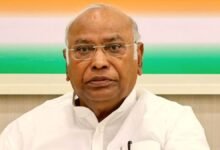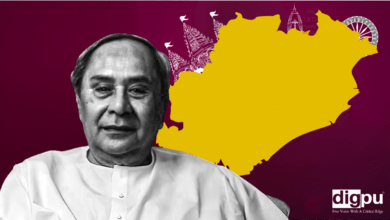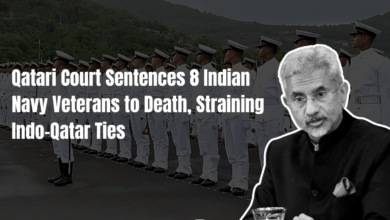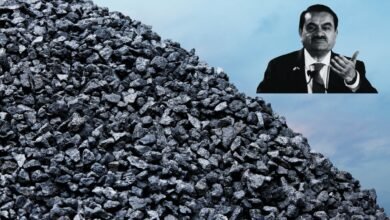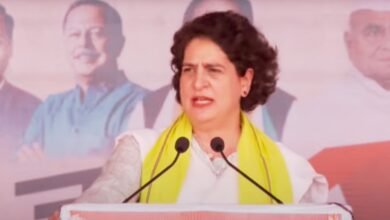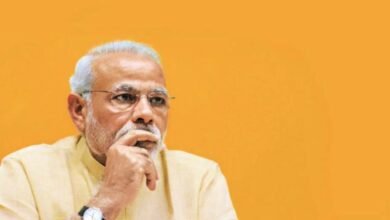After the infamous ‘Agniveer,’ the Modi Government plans to save Rs 4000 crores via the New Disability Pension Scheme: ‘Surgical strike’ against our own soldiers?
As per the new policy, the government shall no longer support retired personnel for 'lifestyle-induced ailments' like hypertension and cardiac diseases.
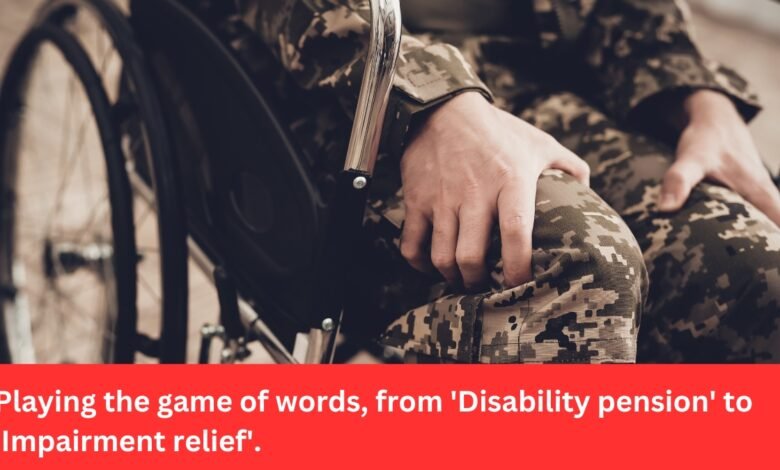
On September 21st, the Ministry of Defence (MoD) announced that as per the recommendation of a committee headed by a ‘top military officer,’ the rules for the grant of ‘disability pensions’ to military personnel were getting amended under the ‘Entitlement Rules for Casualty Pension and Disability Compensation Awards to Armed Forces Personnel, 2023.’
Long story short, the government has deliberated on a report by the Comptroller and Auditor General of India (CAG) published in March 2023 and came up with a solution to ensure a targeted disbursement of pension funds by tweaking the existing rule and bringing it under the umbrella term, “Impairment Relief.” One of the major highlights of the new scheme is that the government will no longer support retired personnel (after September 21st) for ‘lifestyle-induced ailments’ like hypertension and cardiac diseases.
Playing the game of words, from ‘Disability pension’ to ‘Impairment relief’
‘Disability pension’ will be accredited to only those exempted from service owing to their critical medical condition. However, the ‘Impairment relief’ shall be granted to those who are entitled to it but have gotten discharged or retired under a conventional course. On top of that, the granted impairment relief would be taxable, unlike a disability pension! Such a policy has put them at a disadvantage compared to civilian employees.
Conventionally, if a soldier gets certified with a 100 per cent disability, he receives an extra 30 per cent pension under the disability pension. This amount reduces in proportion to the ‘disability percentage.’ The minimum disability percentage to get entitled under this scheme is 20 (per cent). The government is shamelessly trying to retrench its spending on the same by reducing the weightage of hypertension, a disease not uncommon for personnel living under the stress and strain of military service, from 30 per cent to just 5 per cent!
It is known to all how the rigorous services rendered in the military give rise to diseases like hypertension, irritable bowel syndrome, post-traumatic stress disorder (PTSD) and heart-related ailments. It is a shame that such a rudimentary aspect of army life got overlooked by central policymakers.
Outrage by the AIEWA:
The All India Ex-servicemen Welfare Association (AIEWA) has vehemently objected to the new rules. They have taken great offence at the alleged subversion to the definition of “invalidation.” The AIEWA is up in arms by denouncing the MoD for being “regressive, negative, and anti-soldier” in its policies.
To make matters worse, the MoD, in its new rules, has demarcated ‘cardiac diseases’ as an inferred ailment during service only in ‘specific conditions and regions.’ For the past 85 years, if a military serviceman’s health got aggravated due to military service, the disability pension got extended to him post-retirement. The area of posting had nothing to do with this provision, and even the Supreme Court had upheld this right in its numerous hearings and judgements.
Accentuating the blatant blunder by the MoD, an army veteran tweeted, “Under the new rules, the widow of a soldier dying of sudden cardiac arrest or due to sunstroke caused by hypertension while patrolling in counter-insurgency duties in Srinagar would not be entitled to Special Family Pension, and if the soldier survives, he will not get the disability pension. Earlier, all such disabilities were listed as affected by ‘stress and strain’ of military service.”
How the CAG report reveals half the truth:
One of the chief reasons cited by the MoD for the slapdash amendment to the ‘Disability pension rule’ is the data that nearly 40 per cent of retired military officers were receiving disability pensions as opposed to only 15-18 per cent of the younger jawans.
However, one need not be a statistician to divulge that the percentage of officers is greater than that of jawans because the formers (officers) have a higher service tenure and retire in their 50s, which is the age generally ripe for diseases like cardiac ailments and hypertension. As the jawans retire in their 30s, their medical conditions would obviously be lower than the officers.
According to some sources, the government of India is planning to reduce its expenses by Rs. 4000 crores through this shrewdly drafted policy. First, it was Agniveer, and now it is the amendment to the ‘disability pension.’ Such lackadaisical policy-making could backfire for our country, which finds itself trapped between Pakistan-sponsored insurgents and the imperialistic ambitions of China.
The Modi government’s attempt at economising its spending in the armed forces lies bare. The Congress empathised with the AIEWA’s discontentment and called the policy a “surgical strike on the army and the honour of the soldiers.”
Colonel (retd) Rohit Chaudhary, the chairman of the Congress’ ex-servicemen department, maintained, “While the BJP government waived lakhs of crores of debts of crony industrialists, it is trying to save Rs. 4,000 crore by stopping the disability benefit of soldiers.”
The pungent ridicule at the face of our Indian democracy is the fact that if a person gets elected as an MP or an MLA, even for one day, the taxpayers of the country get brought under the obligation to fund their expenses (through pension and other perks) from the day of their oath to the day they get lowered to the grave!
However, when it comes down to paying pensions and allowances to our own Jawans and army personnel, the politicians use bureaucrats to frame policies that ambiguously rob them of a financially stable retirement life despite their invaluable service to our country.
Watch the full video by Colonel (Retd) Rohit Chaudhary :
